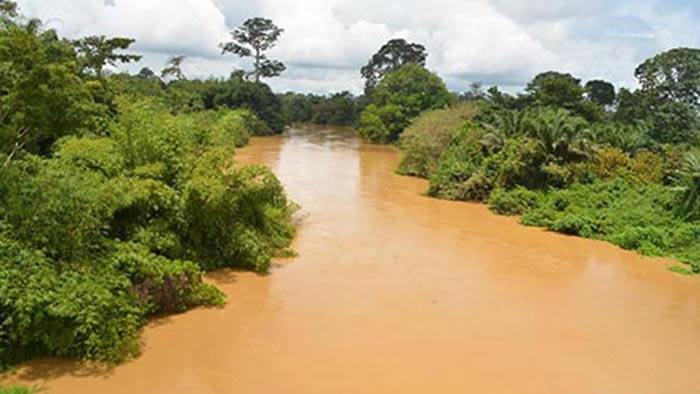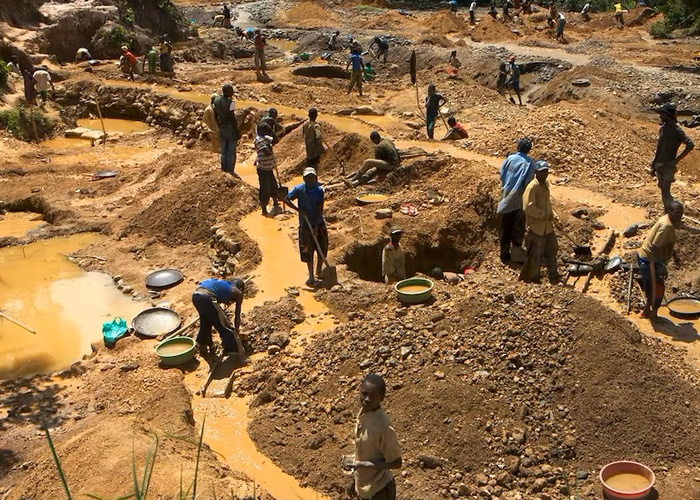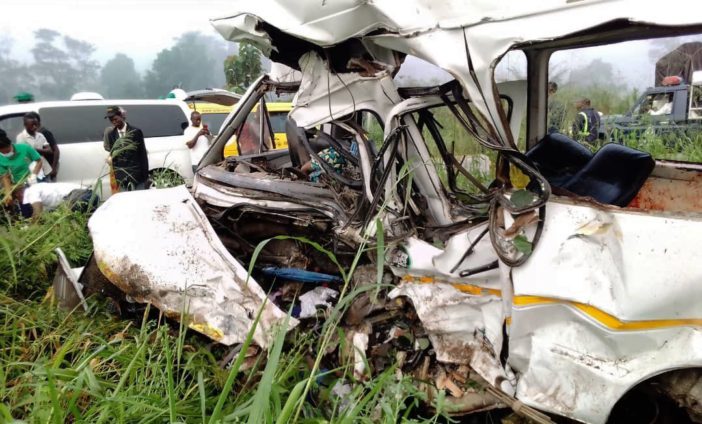Child sanitation diplomat urges gov’t to protect water bodies
- Home
- Child sanitation diplomat urges gov’t to protect water bodies

Child sanitation diplomat urges gov’t to protect water bodies
The Government has been urged to protect Ghana’s water resources from contamination by supporting poor households to gain access to improved toilet facilities to eradicate open defecation.
Master Abdul Faraj Yezid Timtoni Wumbei, the new child sanitation diplomat, in a press release copied to the Ghana News Agency, made the call to mark the World Water Day, which is observed on March 21.
Stakeholders had been discussing preservation of water bodies, especially against illegal mining, but open defecation also played a devastating role against its protection, he noted.
“On the occasion of this year’s World Water Day, I wish to draw the attention of the Ministry of Local Government, Chieftaincy and Religious Affairs to the fact that open defecation also plays a devastating role in preserving the quality of our water resources,” he said.
The Day was celebrated on the theme: ‘Water Conservation: Let’s Make it Our Way of Life.”
Master Wumbei reminded the Ministry, which has recently assumed responsibility for sanitation, that just 25 per cent of the population had access to improved household toilets, with the current rate of open defecation still around 17 per cent.
He said Open defecation directly contaminated water resources through run-offs and wind-blown dust with faecal matter into surface water and infiltration into groundwater sources.
“Children are usually the most vulnerable groups to the effects of water contamination through poor sanitation and open defecation,” he said, adding that it was because they cared very little about playing in run-off water, drinking contaminated water directly, and paying less attention to handwashing and hygiene.
“The resultant infections can cause stunting, loss of school hours and even deaths through preventable diseases such as cholera, intestinal worms and typhoid.”
Master Wumbei urged the Ministry to focus on on-going interventions like the Community-led Total Sanitation programme in rural communities and the GAMA Sanitation and Water Project in low-income urban communities, and scale them up to other areas not yet covered.
These interventions, he said, seemed to be the most proven solutions in recent years to the challenge with access to toilets and open defecation, which needed sustained government interest, support and upscale.
Intensive public education on the need for improved household and institutional toilets and the dangers of open defecation would help to improve the situation.
“This education must also be intensive in schools through collaboration with the Ministry of Education, where every Ghanaian child must be targeted and groomed while they are still young so that they may not grow with that habit,” he said.
The child sanitation diplomat congratulated the sector Minister, Mr Ahmed Ibrahim, on his appointment and expressed the hope that he would rioritise programmes and projects that directly delivered access to improved household and institutional toilets to accelerate the eradication of open defecation.
Source: GNA
- Share
Classic Ghana
Classic Ghana brings you into a fun world of arts, entertainment, fashion, beauty, photography, culture and all things in between. Let’s explore these together!







